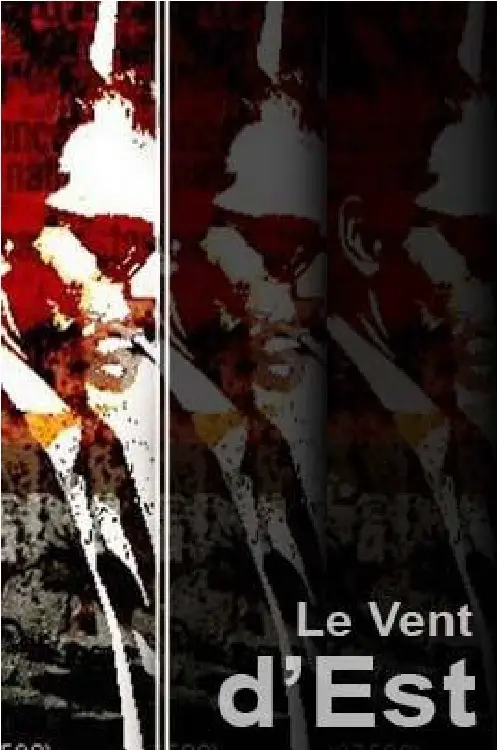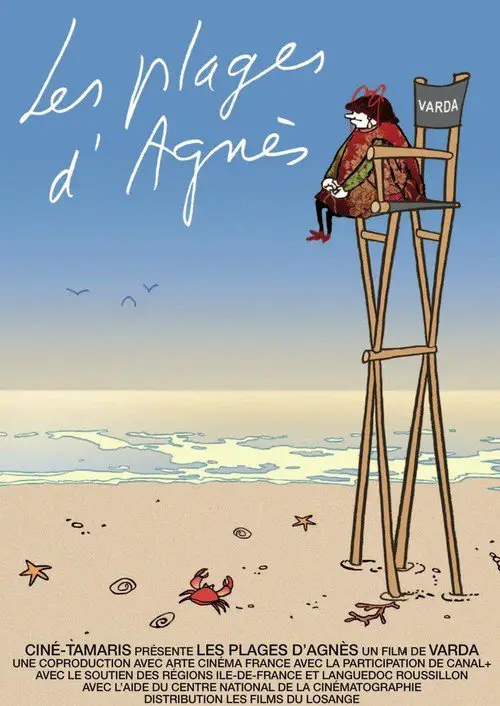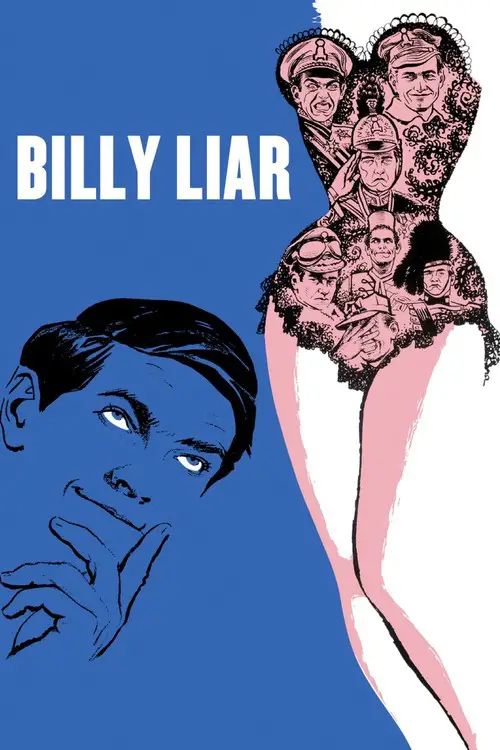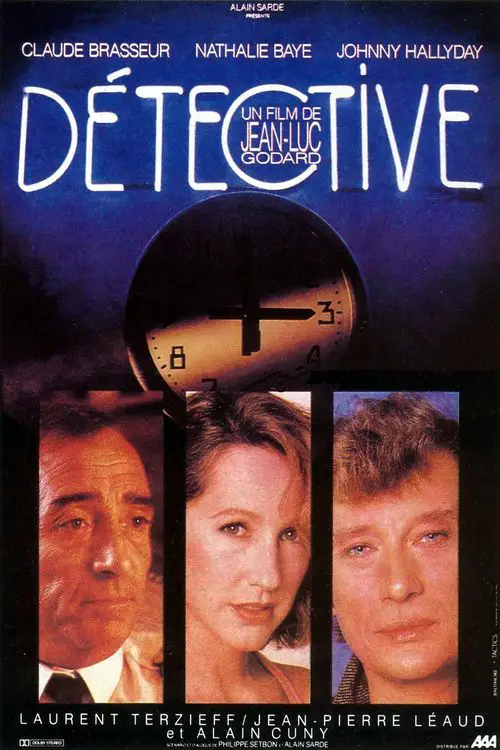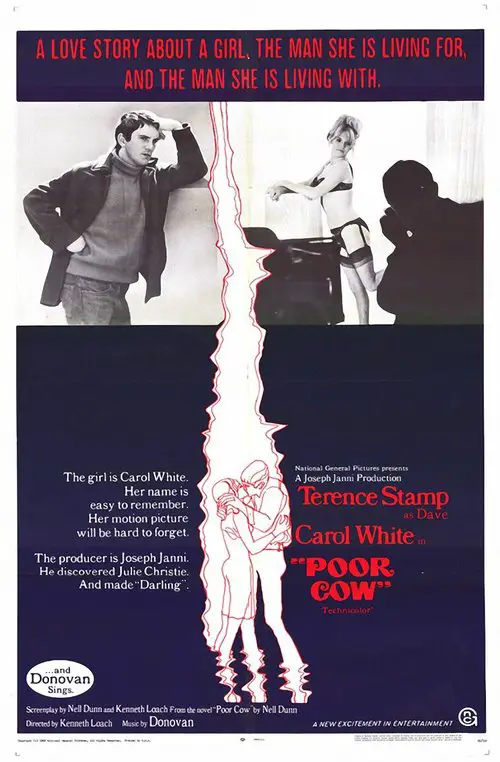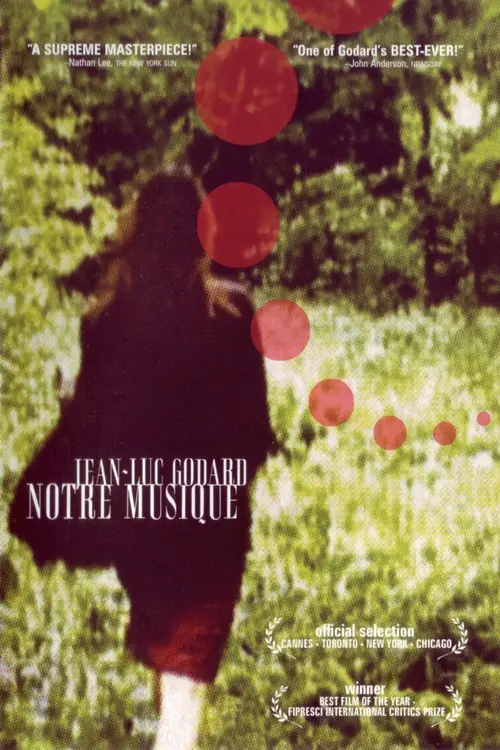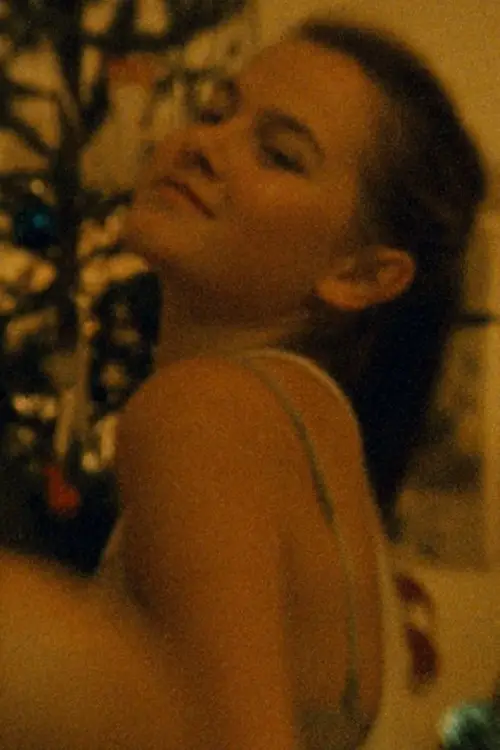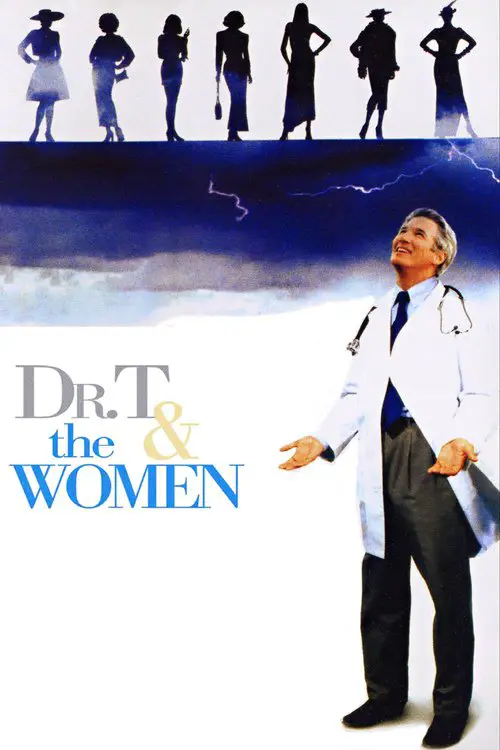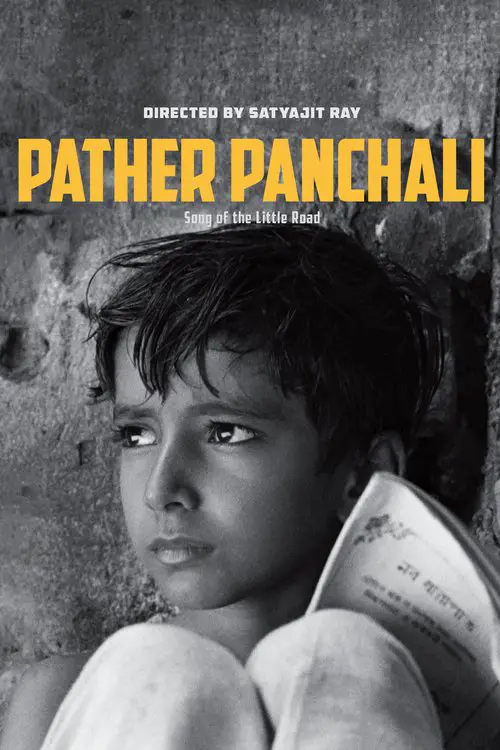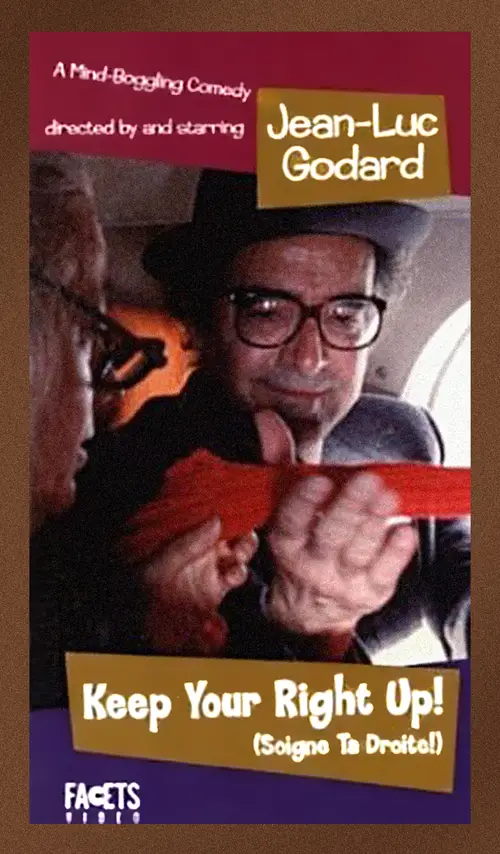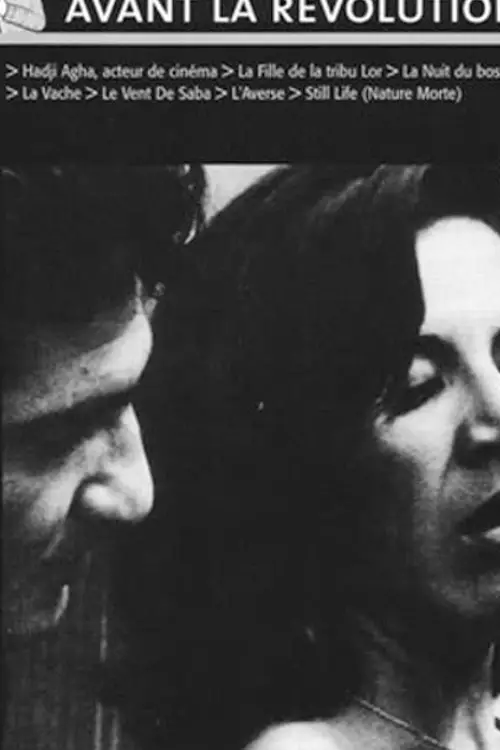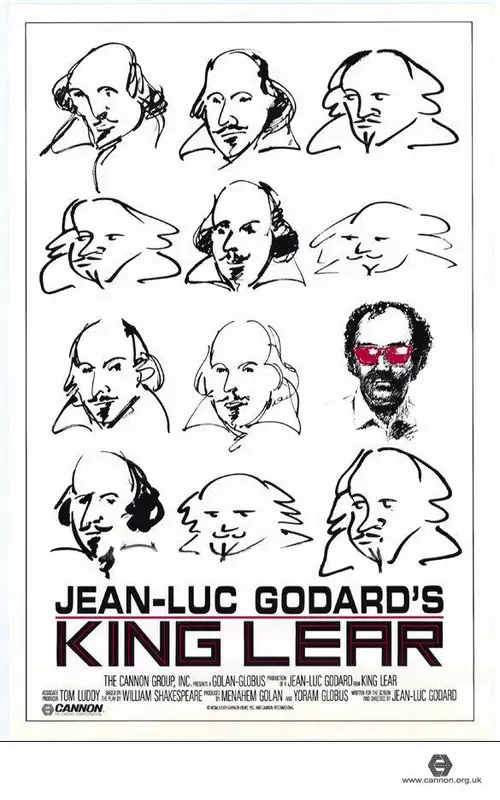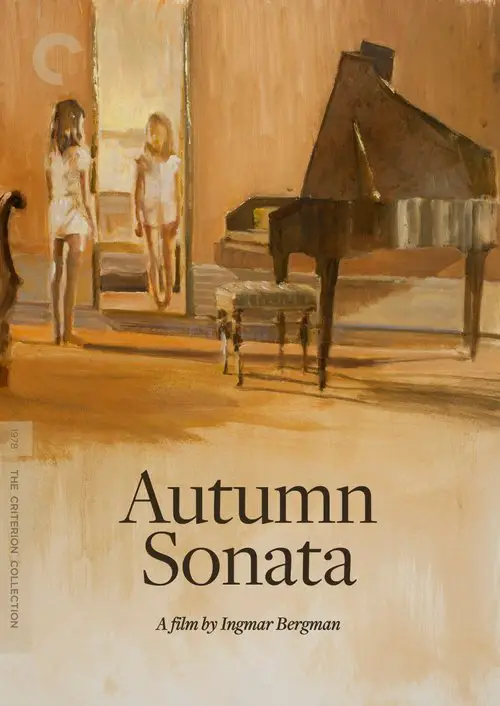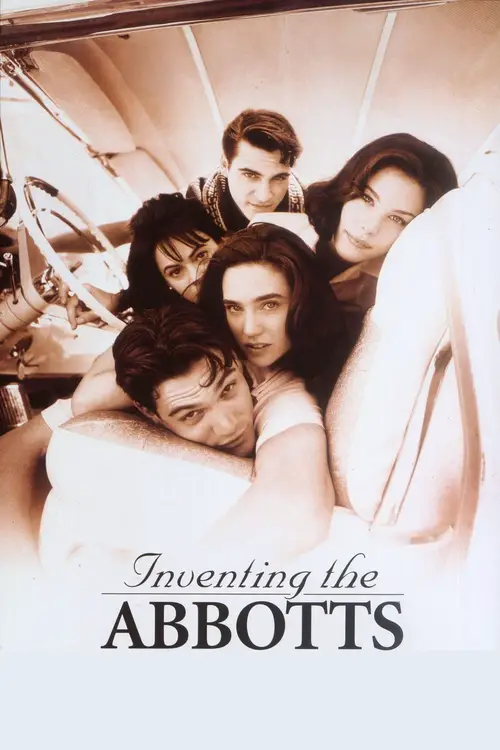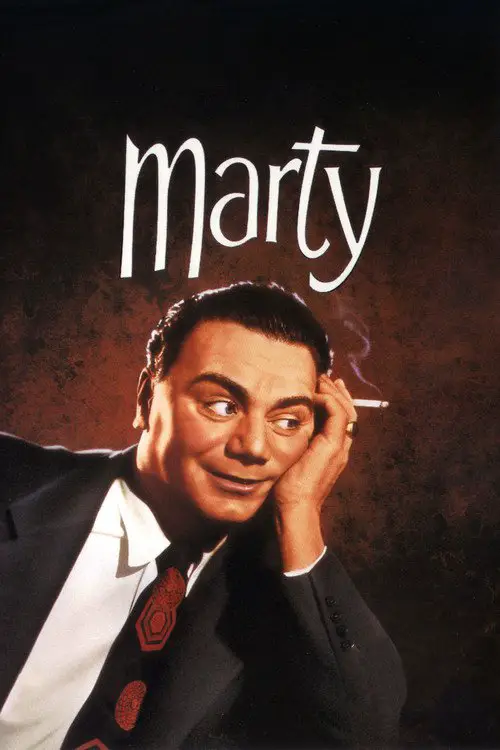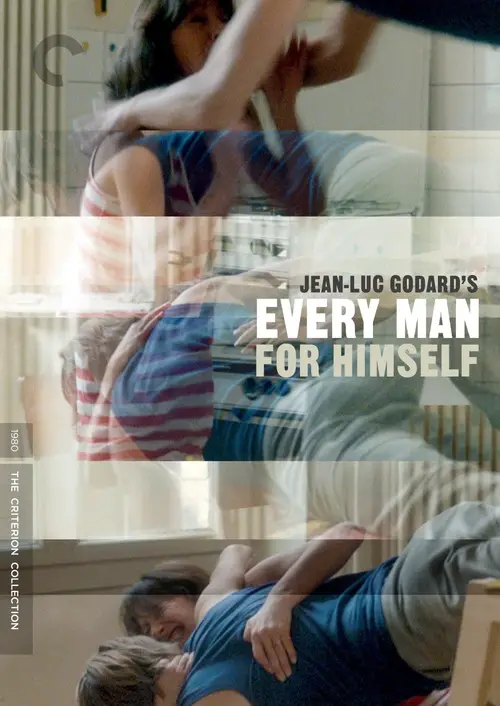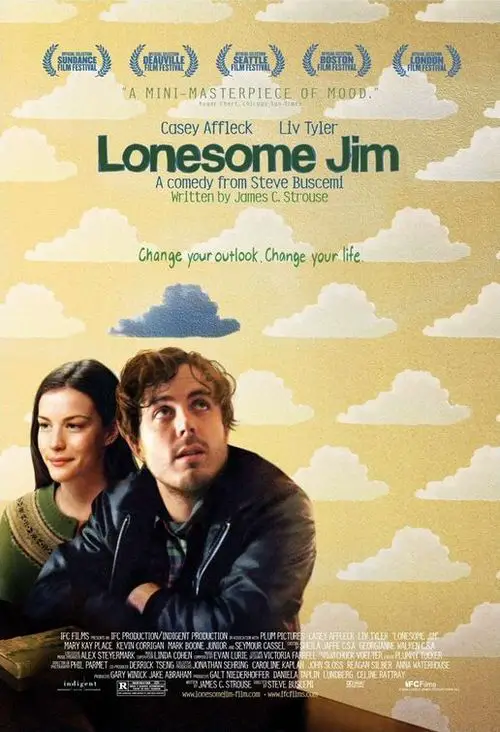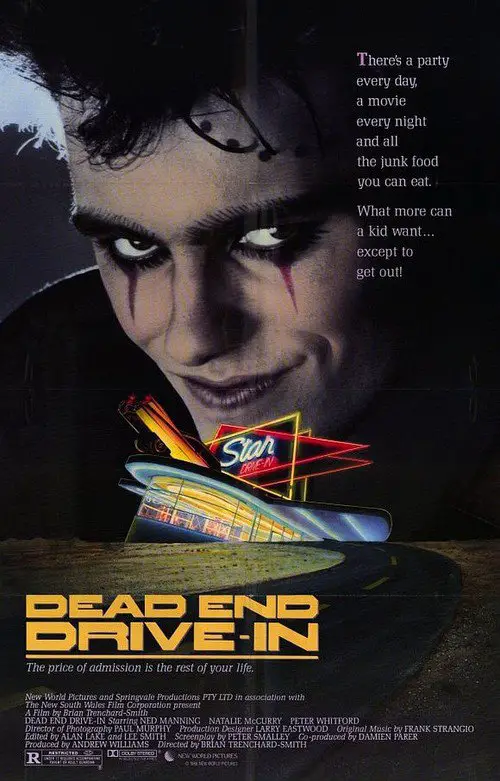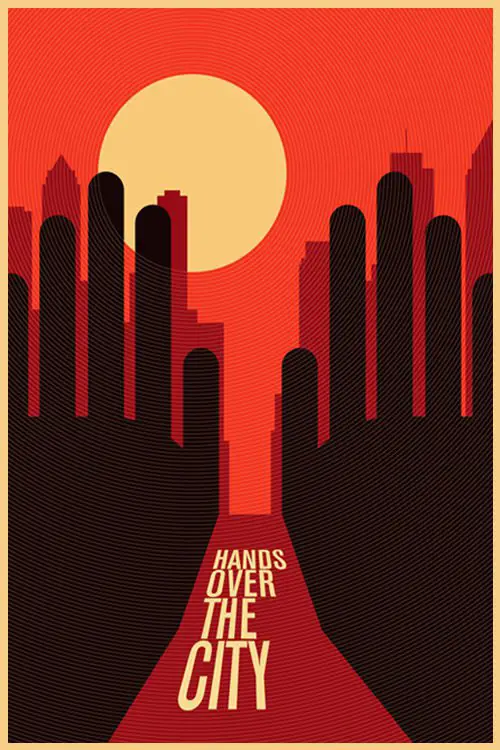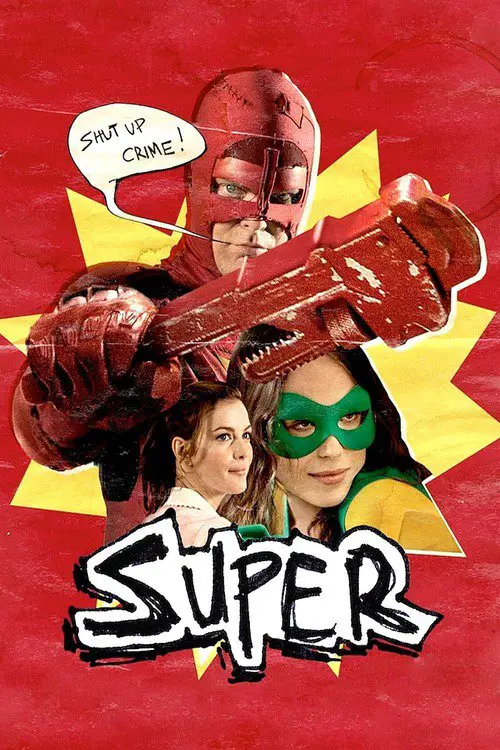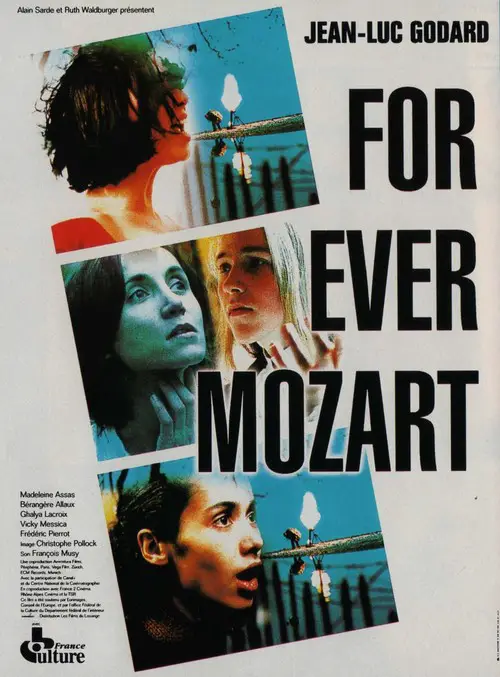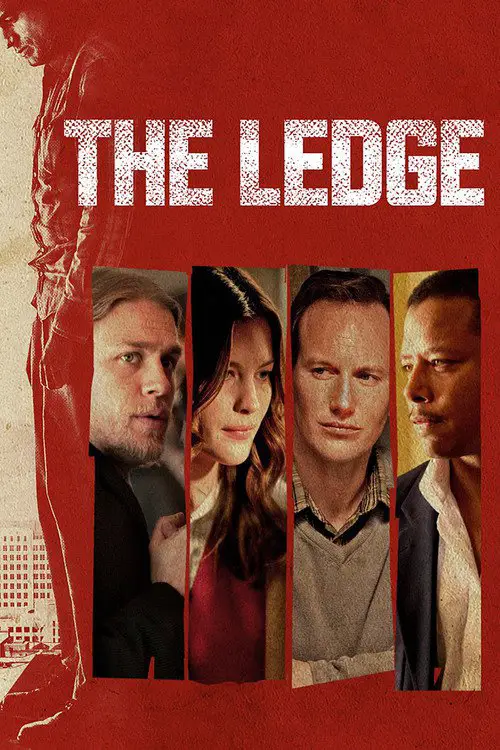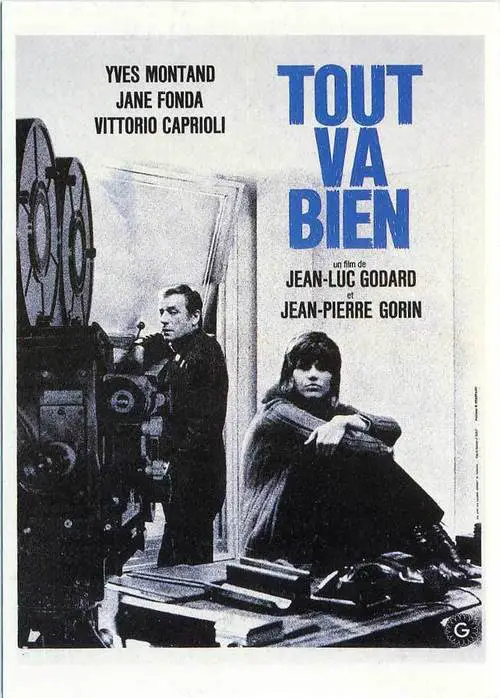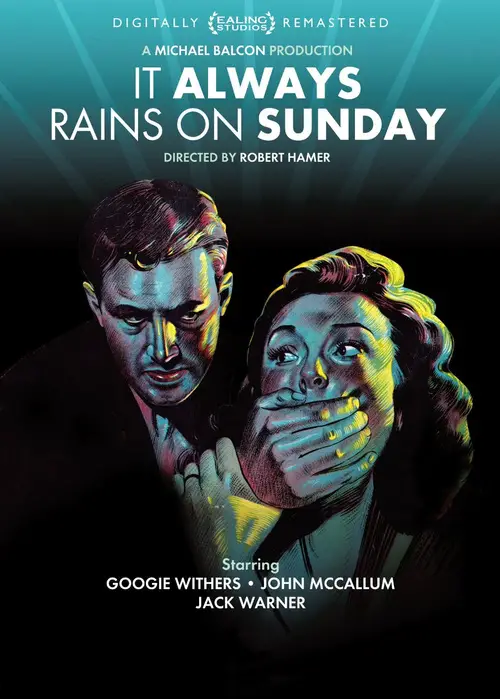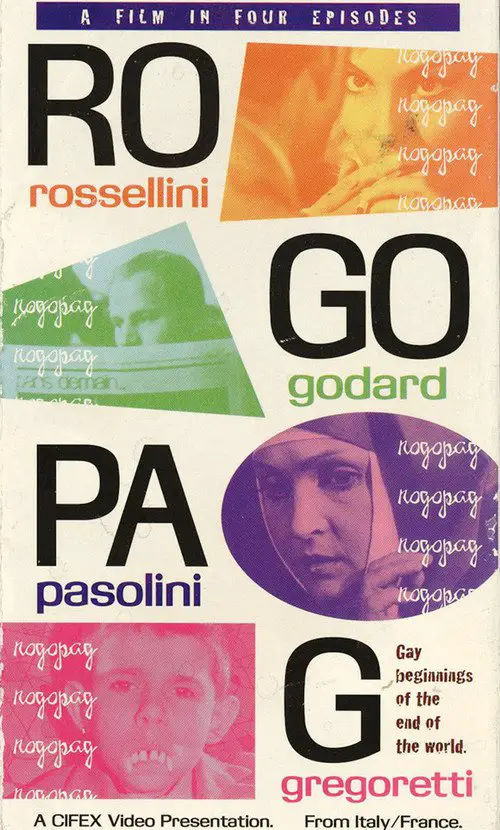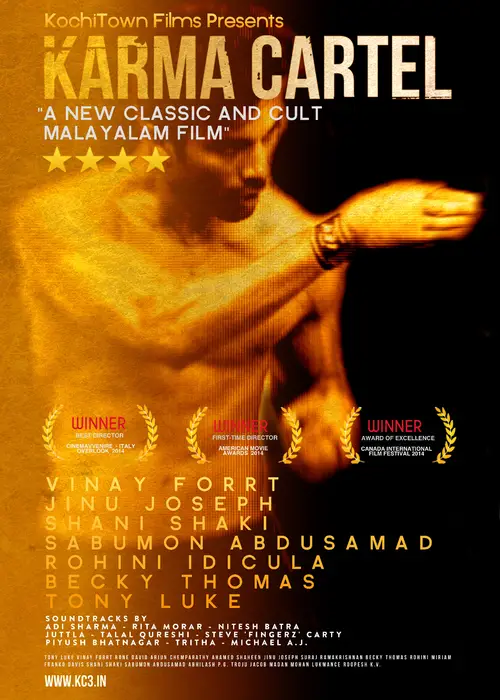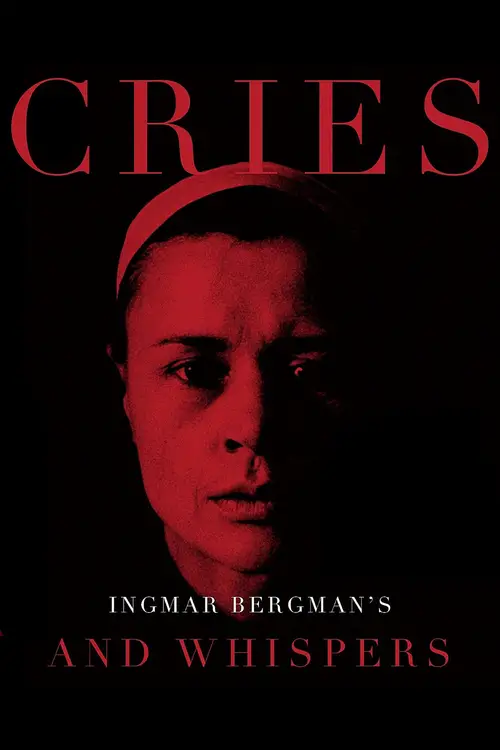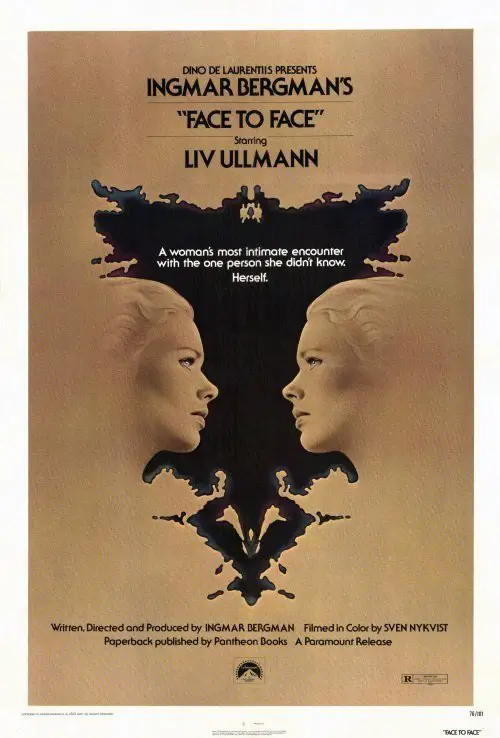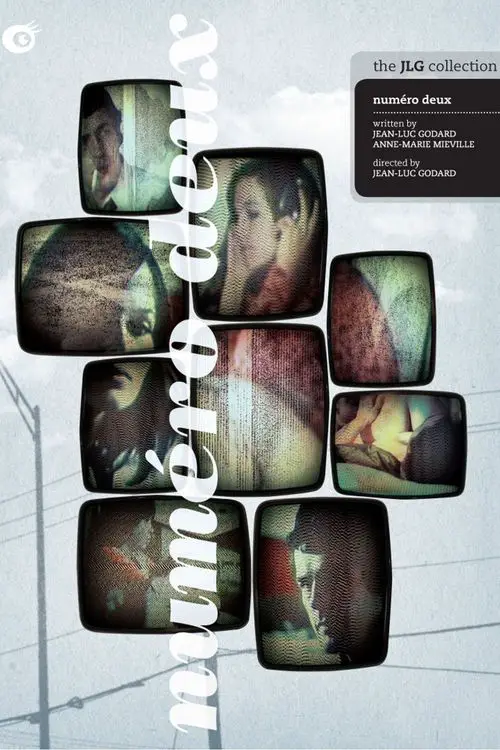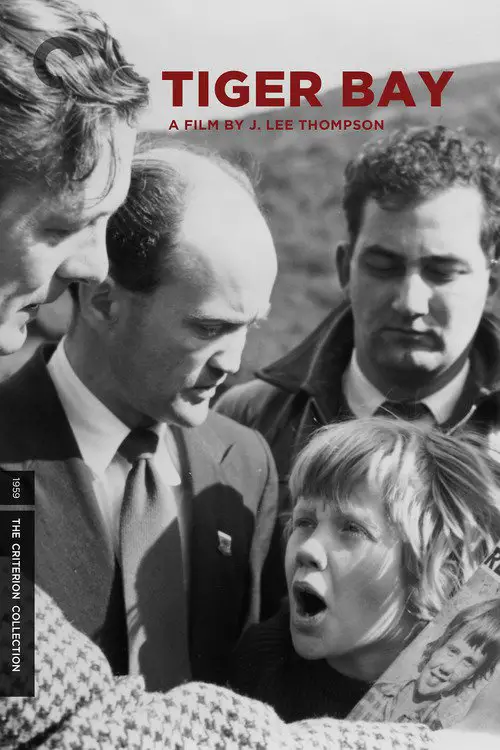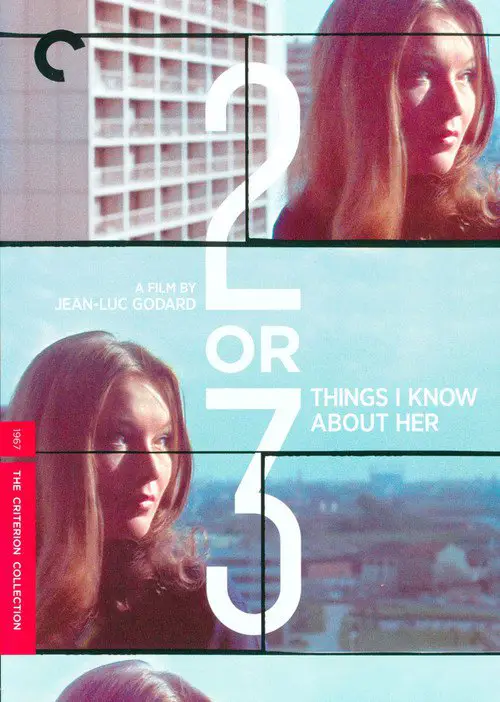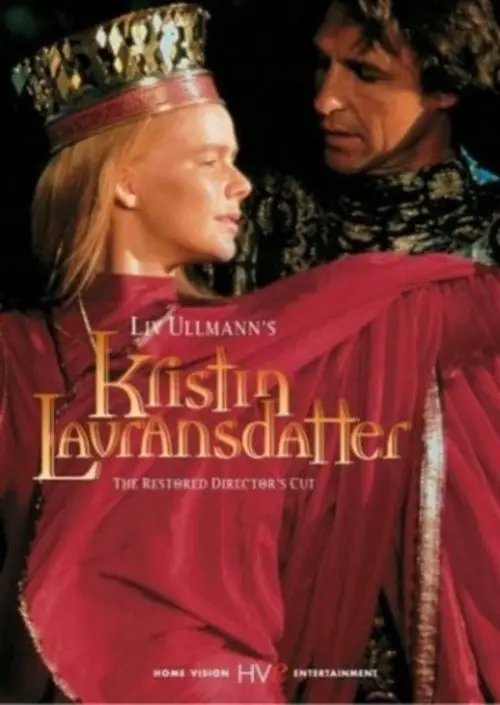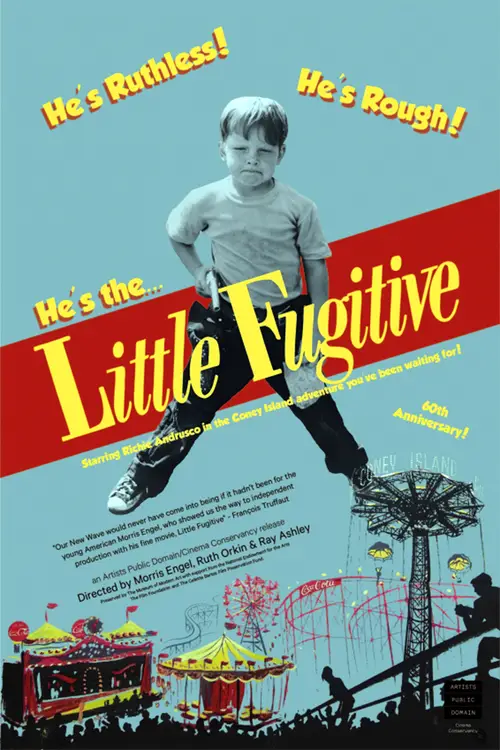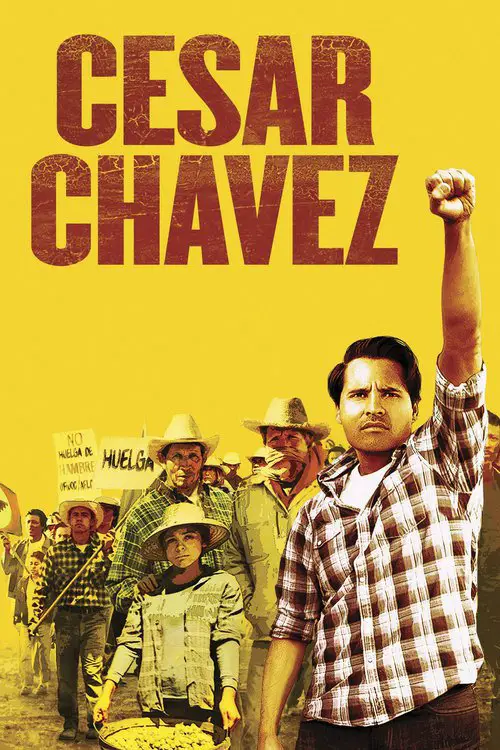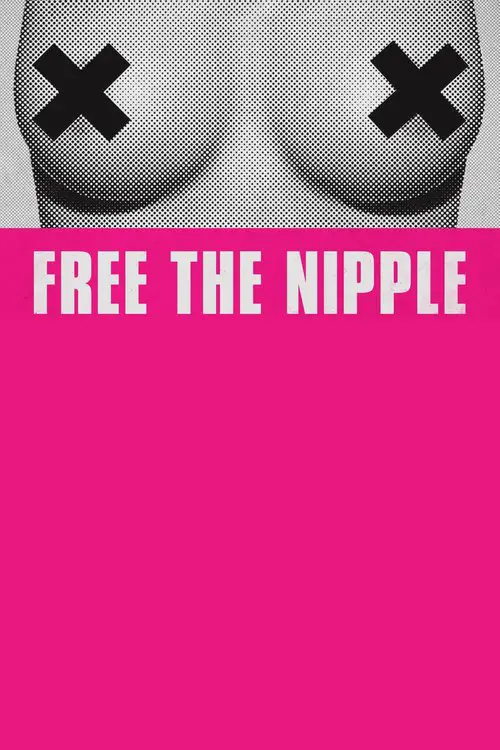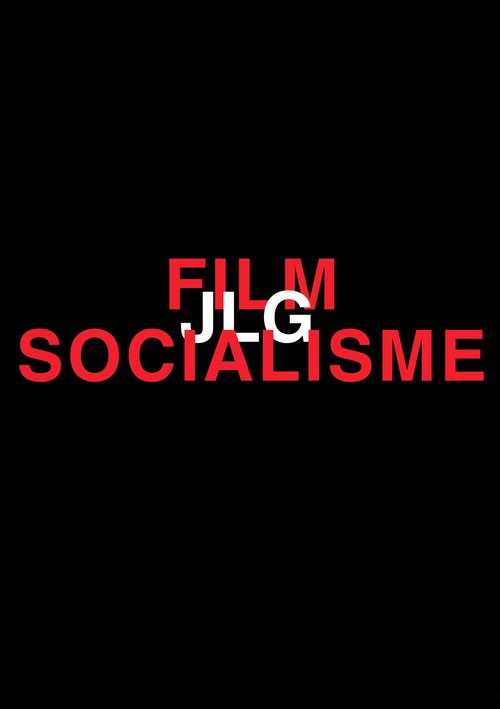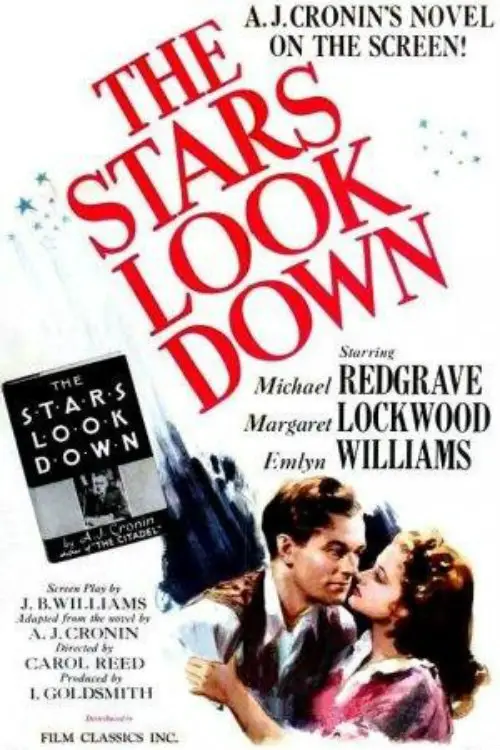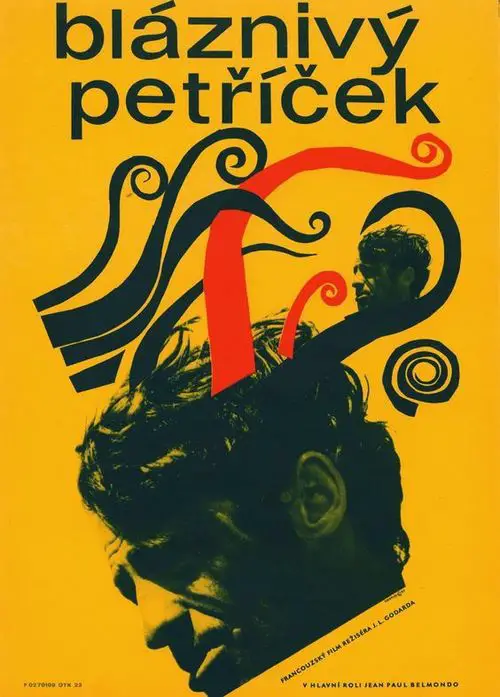Liv (1967)
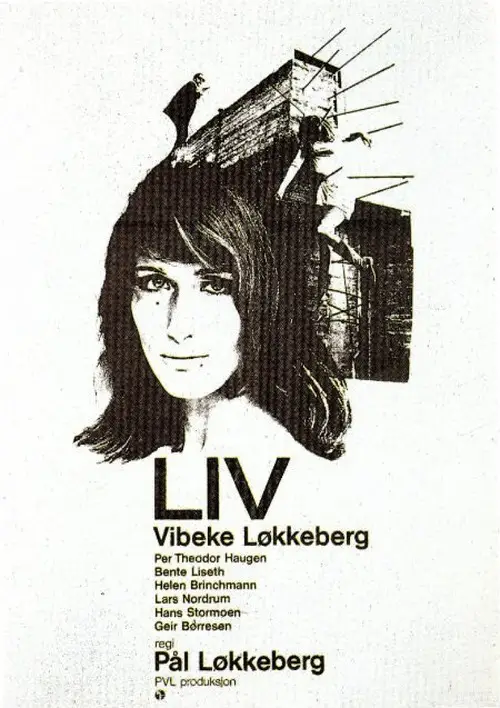
Similar movies
Wind From the East is a product of Jean-Luc Godard's involvement, during the late 60s and early 70s, with a collective filmmaking experiment known as the Dziga Vertov Group. The film is, typically of the films he made during this period, about ideas and simultaneously about how best to express those ideas through the medium of film. The film deals with the situation of a strike and, during its first half, methodically analyzes the different components of the strike: the workers, the radical students who encourage the strike while not quite being able to communicate in the same terms as the workers, the union delegates and other middlemen who preach moderation and compromise, the employers who demand the immediate resumption of work, the police state that suppresses the strike on behalf of capitalism.
Filmmaking icon Agnès Varda, the award-winning director regarded by many as the grandmother of the French new wave, turns the camera on herself with this unique autobiographical documentary. Composed of film excerpts and elaborate dramatic re-creations, Varda's self-portrait recounts the highs and lows of her professional career, the many friendships that affected her life and her longtime marriage to cinematic giant Jacques Demy.
Cléo is a pop singer who wanders around Paris while she awaits her biopsy results in fear she may have cancer. As Cléo readies herself to meet with her doctor at 7 o'clock, she meets with several friends and strangers while trying to grapple with mortality. Sensing indifference from those nearest to her, she finds herself questioning the doll-like image people have of her and is overcome by a feeling of solitude and helplessness. She finally finds some comfort in the company of stranger she meets in a park and with whom she is able to have a sincere conversation.
The first of several social realism films by Ken Loach, this had less impact than those made as TV plays. Poor Cow follows the tangled life of Joy, who turns to Dave after her lover is jailed for theft. When Dave in turn is jailed, she is left with a son to keep. When he goes missing, she sees what's important.
Jean-Luc Godard's poetic meditation on war, violence and defeat. The film is structured in three parts. The three segments are "Hell", "Purgatory", and "Heaven". The first segment is a montage of war images from documentary and fictional sources. The second concerns two young Jewish women attending a European arts conference in Sarajevo. The final segment concerns the after life.
A chamber play taking place around Christmas, where Liv, her brother and mother are to celebrate Christmas together. The father has recently left the family and 14 year-old Liv cannot accept that Christmas is not what is used to be. Liv does her best in order to keep both family and Christmas together, but when her mother invites a young colleague to celebrate Christmas with them a painful struggle for power between Liv and her mother takes place.
The protagonist is Carmen X, a female member of a terrorist gang. She asks her uncle Jean, a washed-up film director if she can borrow his beachside house to make a film with some friends, but they are in fact planning to rob a bank. During the robbery she falls in love with a security guard. The film intercuts between Carmen's escape with the guard, her uncle's attempt to make a comeback film, and a string quartet attempting to perform Beethoven.
Dr. Sullivan Travis is a man at the top of his game, a rich and successful Dallas gynecologist whose "religion" is women. Dr. T. worships women. In his immediate family and in his office, they surround him. He is loving and giving to each and every one at all times -- he is their savior. And sure enough, as in the story of Job, one day a higher force decides to test his faith. Once a man in complete control of his universe, Dr. T. now finds himself buffeted by chaos and confusion.
Sometime in the early years of the century, a boy, Apu, is born to a poor Brahmin family in a village in Bengal. The father, a poet and priest, cannot earn enough to keep his family going. Apu's sister, Durga, is forever stealing guavas from the neighbour's orchards. All these add to the daily struggles of the mother's life, notwithstanding her constant bickering with old aunt who lives with the family.
This film is made up several sketches in which certain actors play several real or fictional roles to a background of rock music. The lead character, played by Godard himself, is an annoyingly perfectionist film-maker determined to wring every last drop of the finest performance possible from his stars.
Victor is a cook who works in a greasy bar/restaurant owned by his mother, Dolly. It's just the two of them, a waitress named Delores, and a heavy drinking regular, Leo. But things change when Callie, a beautiful college drop-out, shows up as a new waitress and steals Victor's heart. But Victor is too shy to do anything about it, and too self-consciously overweight to dream of winning Callie away.
Moody realism conveys a stark poetry in this tale of a cab driver stuck with an abandoned baby in his back seat. Moral quandaries and social fears vie with eroticism when the driver and a lonely woman spend the night with the baby as the phantom facsimile of a family. The filmâs finale, set in an orphanage, is a stunning, haunting piece of social realism that was to send ripples of influence through the next four decades of Iranian cinema.
In the 1950s, brothers Jacey and Doug Holt, who come from the poorer side of their sleepy Midwestern town, vie for the affections of the wealthy, lovely Abbott sisters. Lady-killer Jacey alternates between Eleanor and Alice, wanting simply to break the hearts of rich young women. But sensitive Doug has a real romance with Pamela, which Jacey and the Abbott patriarch, Lloyd, both frown upon.
Marty, a butcher who lives in the Bronx with his mother is unmarried at 34. Good-natured but socially awkward he faces constant badgering from family and friends to get married but has reluctantly resigned himself to bachelorhood. Marty meets Clara, an unattractive school teacher, realising their emotional connection, he promises to call but family and friends try to convince him not to.
In the near future, drive-in theatres are turned into concentration camps for the undesirable and unemployed. The prisoners don't really care to escape because they are fed and they have a place to live which is, in most cases, probably better than the outside. Crabs and his girlfriend Carmen are put into the camp and all Crabs wants to do is escape.
Rod Steiger is ferocious as a scheming land developer in Francesco Rosiâs Hands over the City, a blistering work of social realism and the winner of the 1963 Venice Film Festival Golden Lion. This expose of the politically driven real-estate speculation that has devastated Naplesâs civilian landscape moves breathlessly from a cataclysmic building collapse to the backroom negotiations of civic leaders vying for power in a city council election, laying bare the inner workings of corruption with passion and outrage.
For Ever Mozart is an episodic film that follows a theater troupe from France attempting to put on a play in Sarajevo. Along their journey they are captured and held in a POW camp, and they call for help from their friends and relations in France. Director Jean-Luc Godard presents stories about this troop to ask how one can make art while slaughters like the one in Bosnia are taking place, and he throws in a strong critique of the European Union. For Ever Mozart is one of Godard's most disjointed and difficult films. Its stories sometimes seem to form a whole and at other times the links among them are unclear. One gets the impression that in each episode Godard attempts to start a film only to come to the conclusion that it is impossible to continue. It features some of the most beautiful shots of tanks in the cinema.
This consists of four short films by different directors. Rosselini's 'Chastity' ('Illibatezza') deals with an attractive air hostess who receives the unwelcome attentions of a middle aged American. Godard's 'New World' ('Il Nuovo Mondo') illustrates a post-apocalypse world the same as the pre-apocalyptic one but for an enigmatic change in attitude in most people, including the central character's girlfriend. In Pasolini's 'Curd Cheese' ('La Ricotta'), a lavish film about the life of Jesus Christ is being made in a poor area. The impoverished people subject themselves to various indignities in the name of moviemaking in order to win a little food. The central character is hoisted up on a cross for filming, and dies there. Finally comes Gregoretti's 'Free Range Chicken' ('Il Pollo Ruspante') in which a family of the materialist culture inadvertantly illustrate the cynical, metallic voiced doctrine of a top sales theorist.
In an urban Indian city, A struggling actor battles for his career, but his friend who loses money in a scam deal commits an action that puts both of their lives in danger. The three last days before the incident follows the struggling actor, an ambitious filmmaker, a wannabe hustler, an opportunist, a lover and two cinephile thugs, through an inter-twining vignette of their lives.
Charlotte is young and modern, not a hair out of place, superficial, cool; she reads fashion magazines - does she have the perfect bust? She lives in a Paris suburb with her son and her husband Pierre, a pilot. Her lover is Robert, an actor. Assignations with him, dinner with her husband and a client, consulting a physician: there's tension at home, Pierre had her followed a few months before, their marital play has an edge, Pierre slaps her and apologizes. She quizzes Robert: is he acting when he's with her? Events may force her to choose Robert or Pierre. Close-ups fill the screen; is there more than surface? Her eyes tear up. The horrors of war provide a distant counterpoint.
Arthur, one of Britain's angry young men of the 1960s, is a hardworking factory worker who slaves all week at his mindless job for his modest wages. Come Saturday night, he's off to the pub for a loud and rowdy beer session. With him is Brenda, his girlfriend of the moment. Married to a fellow worker, she is nonetheless captivated by his rugged good looks and his devil-may-care attitude. Soon a new love interest Doreen enters and a week later, Brenda announces she's pregnant. She tells Arthur she needs money for an abortion, and Arthur promises to pay for it. By this time, his relationship with Doreen has ripened and Brenda, hearing of it, confronts him. He denies everything, but it's obvious that their affair is all but over.
A Polish sailor and a young British tomboy become unlikely allies after she witnesses him commit a crime of passion. With its location shooting and scenes of port city street culture, Tiger Bay presaged the cinema of the British New Wave, while Hayley Millsâ starring performance won the 12 year-old a special prize at the Berlin Film Festival and launched her career.
Kristin Lavransdatter is a 1995 Norwegian film directed by Liv Ullman, featuring Elisabeth Matheson, Bjørn Skagestad, Jørgen Langhelle, Lena Endre and Sverre Anker Ousdal, based on Kristin Lavransdatter by Sigrid Undset. It was the Norwegian entry to the Academy Award for Best Foreign Language Film in 1996.
Charles is a young provincial coming up to Paris to study law. He shares his cousin Paul's flat. Paul is a kind of decadent boy, a disillusioned pleasure-seeker, always dragging along with other idles, while Charles is a plodding, naive and honest man. He fell in love with Florence, one of Paul's acquaintances. But how will Paul react to that attempt to build a real love relationship ? One of the major New Wave films.
Joey Norton, seven years old, lives with his older brother Lennie in a lower middle class neighborhood of Brooklyn. Joey is too small to be taken seriously by Lennie and Lennie's friends. One day, while their mother is away visiting her sick mother, Lennie and his friends play a joke on Joey. They stage an incident so that Joey thinks he has shot and killed his brother. Francois Truffault credits this classic with inspiring the French New Wave.
A biography of the civil-rights activist and labor organizer Cesar Chavez. Chronicling the birth of a modern American labour movement, Cesar Chavez tells the story of the famed civil rights leader and labour organiser torn between his duties as a husband and father and his commitment to securing a living wage for farm workers. Passionate but soft-spoken, Chavez embraced non-violence as he battled greed and prejudice in his struggle to bring dignity to working people.
A biography of Ian Dury staring gollum actor Andy Serkis in the title role. Ian was stricken with polio at a young age and defied expectations by becoming one of the founder of the punk-rock scene in Britain in the 1970s. He wrote classics like Hit me with your Rythem Stick and Reasons to be Cheerfull.
The issues the miners strike for include equity in wages with Anglo workers, and health and safety issues.Ramon Quintero helps organize the strike, but at home he treats his wife,Esperanza Quintero,as a second class citizen.Esperanza who is pregnant with their third child,is usually passive but she changes her attitude when the men are forced to end their picketing by a Taft-Hartley Act injuction.
An army of passionate women launch a revolution to "Free the Nipple" and decriminalize the female body. Based on a true story, this mass movement of topless women, armed with First Amendment lawyers, graffiti installations and national publicity stunts, invade New York City to protest the backwards censorship laws in the USA.
A rebellious youth, sentenced to a boy's reformatory for robbing a bakery, rises through the ranks of the institution through his prowess as a long distance runner. During his solitary runs, reveries of his life and times before his incarceration lead him to re-evaluate his privileged status as the Governor's prize runner.
A symphony in three movements. Things such as a Mediterranean cruise, numerous conversations, in numerous languages, between the passengers, almost all of whom are on holiday... Our Europe. At night, a sister and her younger brother have summoned their parents to appear before the court of their childhood. The children demand serious explanations of the themes of Liberty, Equality and Fraternity. Our humanities. Visits to six sites of true or false myths: Egypt, Palestine, Odessa, Hellas, Naples and Barcelona.
The Stars Look Down is based on A. J. Cronin's 1935 novel of the same name, about injustices in a mining community in North East England. While the novel follows the development of three young men in the small mining town, the film focuses on just one of them; the smart David Fenwick who gets a scholarship to university, meets a girl who only marries him because her former boyfriend has abandoned her, and eventually returns to the mine town as a teacher and takes part in a futile rescue effort when the mine is flooded, trapping both his father and his younger brother.
© Valossa 2015–2026
| Privacy Policy
